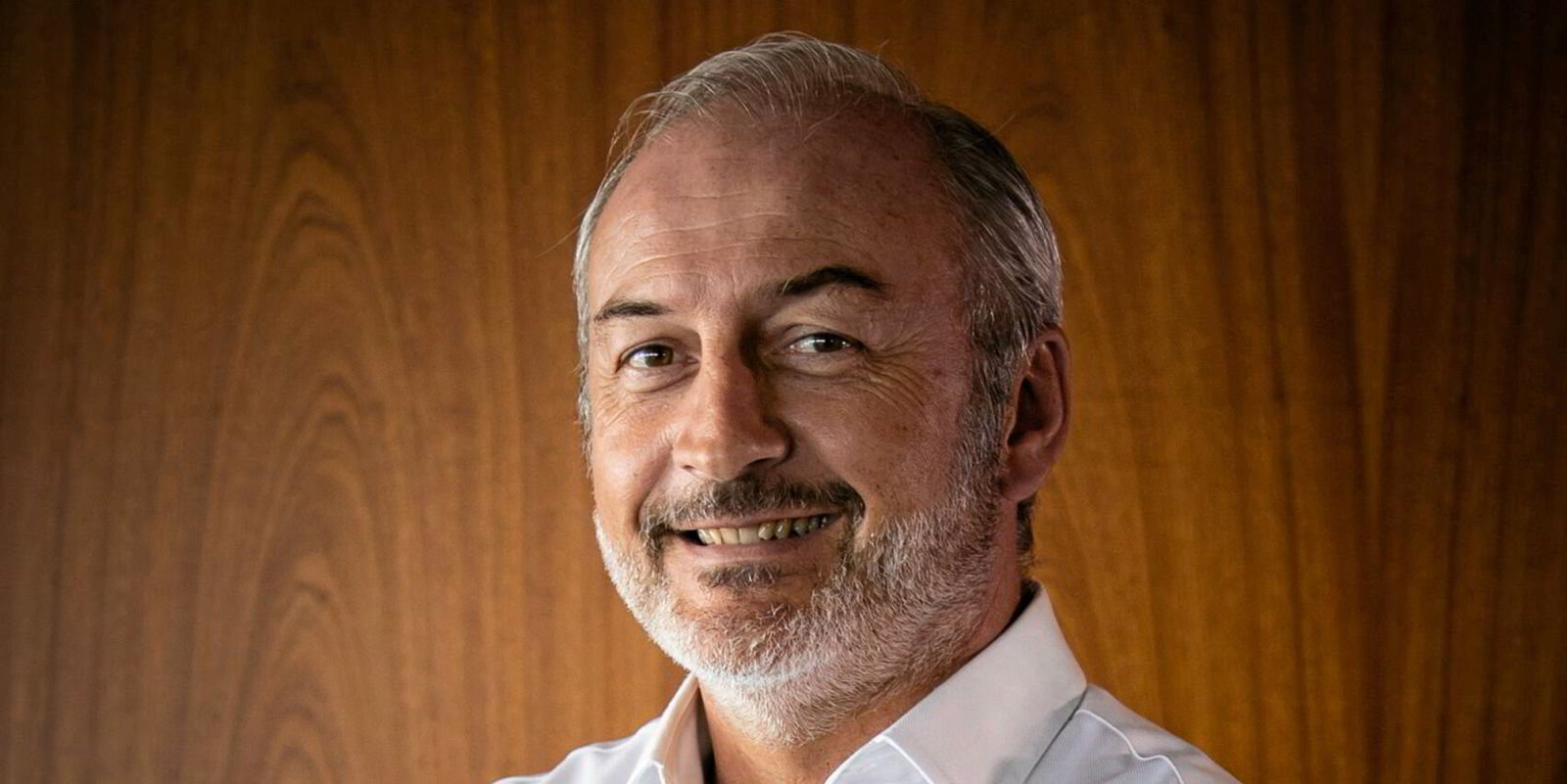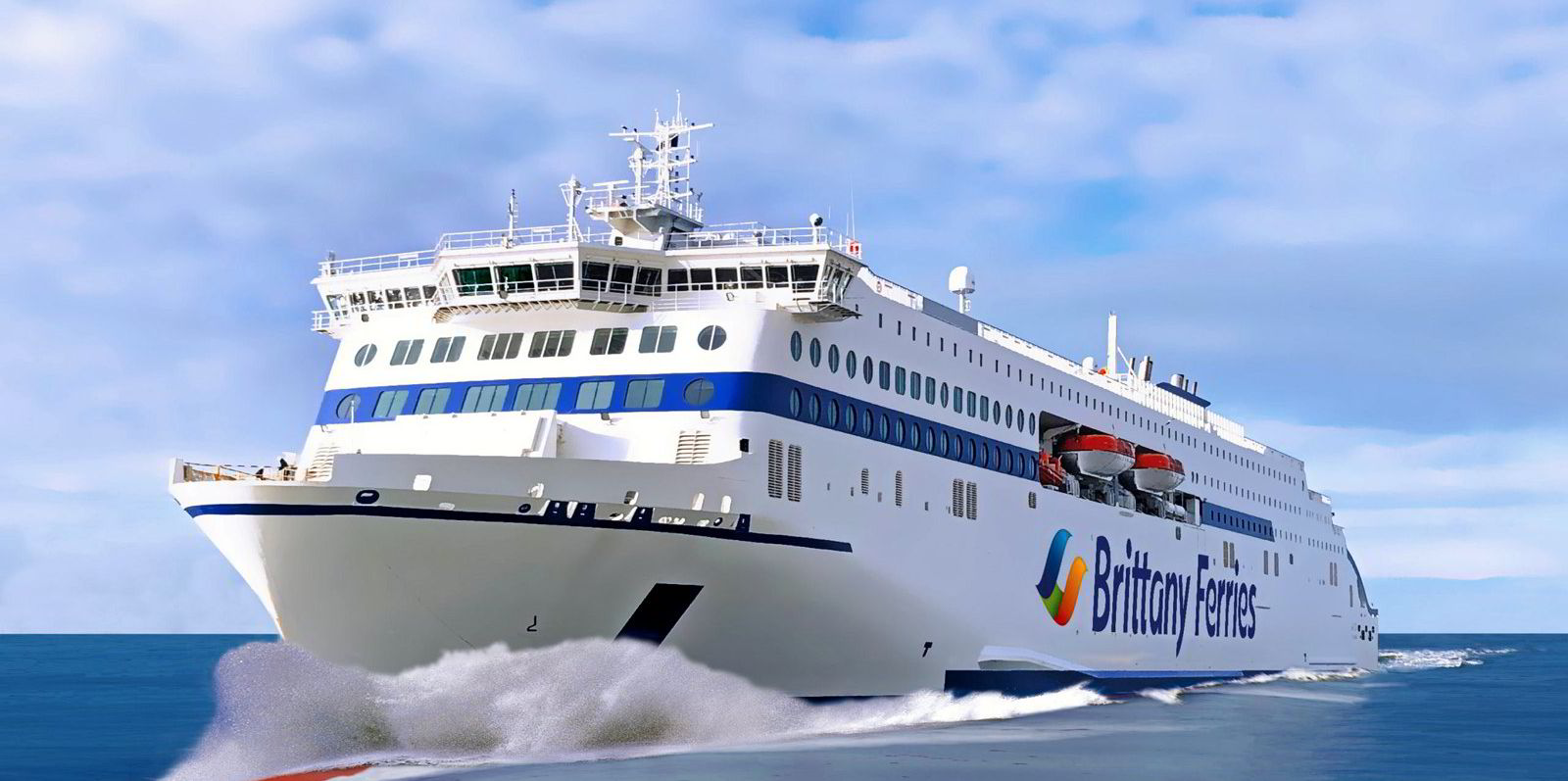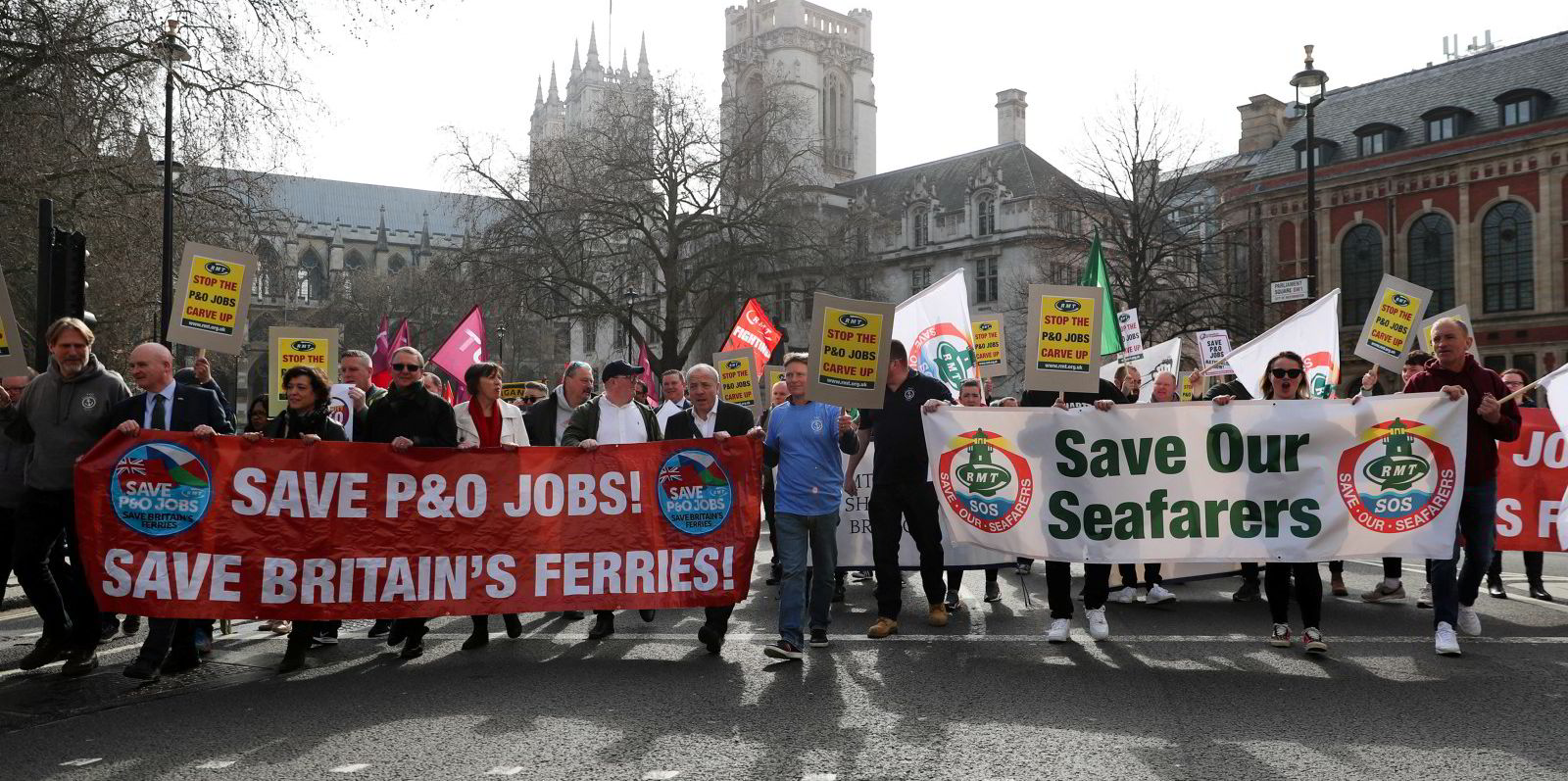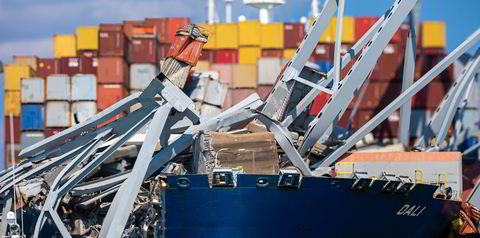Brittany Ferries says a slump in freight volumes that followed Brexit is starting to worsen.
The French ropax operator has already seen a decline of around a fifth in total freight volumes carried on the Channel since the UK left the European Union.
However this year the drop has worsened worryingly, the company said.
From the start of April, the Roscoff-based company has averaged about 2,000 fewer freight units per month than expected.
This equates to an 8% reduction compared with last year, a figure which could nearly double to 15% by the year-end.
“Our freight business has become the collateral damage of over-capacity and a price war taking place on short sea routes like Dover-Calais,” said Brittany Ferries chief executive Christophe Mathieu.
“Some operators have chosen a business model where loyal seafarers have been replaced by cheap labour, meaning wage bills of between 30% and 60% less than for reputable ferry operators. This gives them an unfair competitive advantage,” he said.
“We won’t take part in a race to the bottom in the ferry sector, but there’s no doubt the situation is damaging our freight business today.”
Brittany Ferries sails from Portsmouth, Poole and Plymouth in the UK to five destinations in France and two in northern Spain.
The company described passenger volumes for 2023 as “encouraging, if not spectacular”.
Volumes were significantly up on 2022 but still lag behind 2019, which was the last pre-Covid comparison year.
So far this year, the company has booked 1.5m passengers, up 17.6% increase on the same period in 2022.
Turnover was €444.7m ($477m) for 2022, down from €469m in the pre-covid years of 2018-19.
Passenger numbers, which account for two-thirds of turnover, were down to 1.84m compared with 2.5m in the pre-Covid period.
Freight slumped to 167,711 units last year versus 201,554 in 2018-19.
“Overall we are encouraged by our passenger performance this year, particularly on Channel routes,” said Mathieu.
“While we are not quite where we want to be on volumes, careful management of our business means we are still in a healthy position,” he said.






